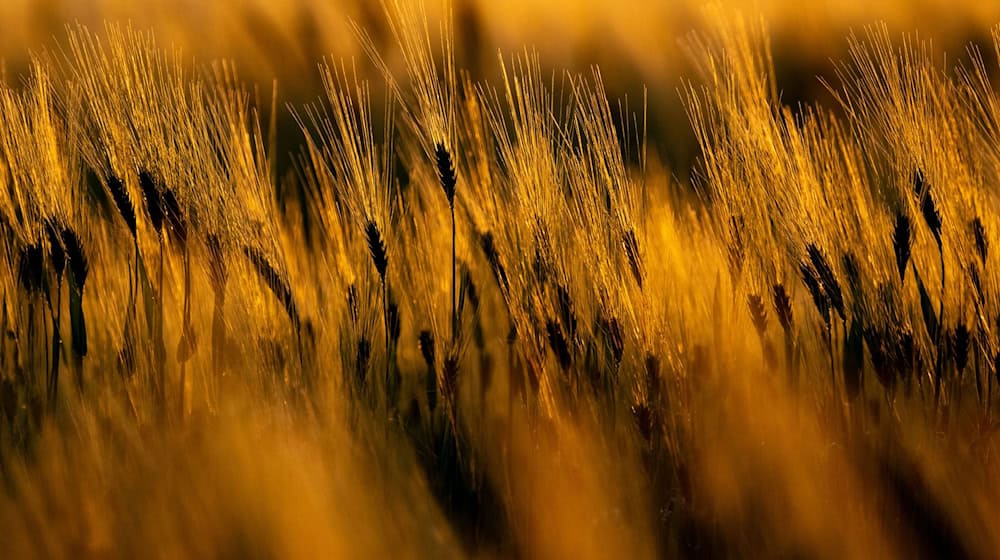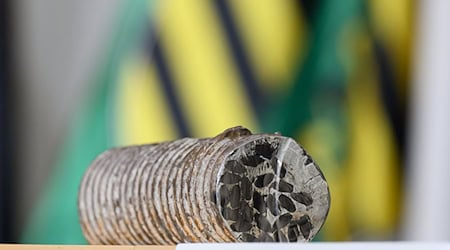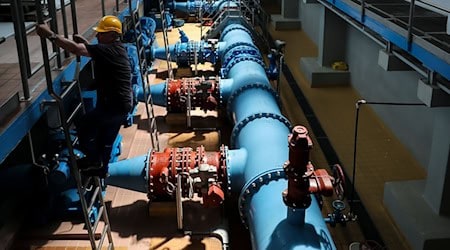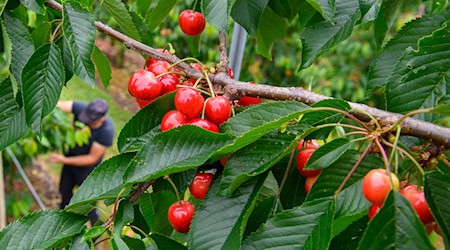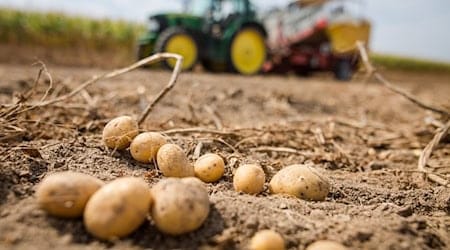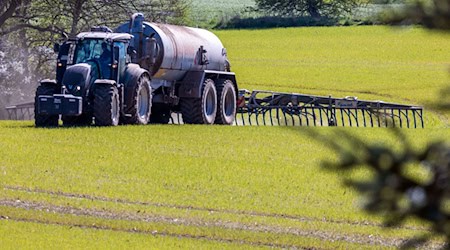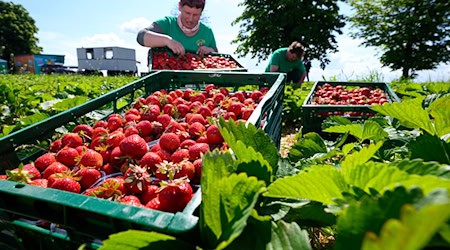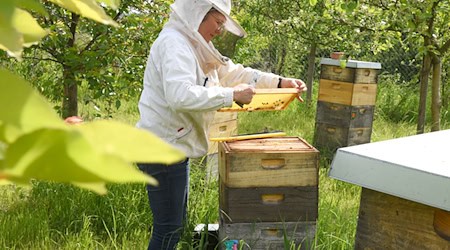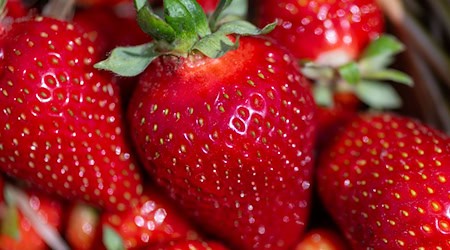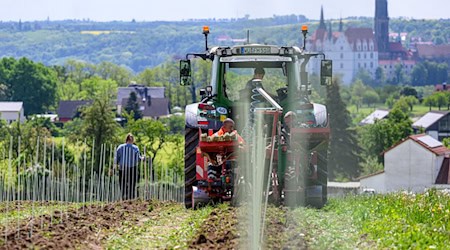Farmers in Saxony are struggling with falling grain prices. "Pure cash crop farming is currently a loss-making business," said Torsten Krawczyk, President of the Saxon State Farmers' Association, at the start of the harvest on the Staritz estate in Belgern (district of North Saxony). Since spring, grain prices have only known the "way south" - i.e. downwards.
Trend reversal in falling grain prices not in sight
According to the association, prices were already below the previous year's level at the start of the harvest in some cases. A trend reversal is currently not in sight. "Cost-covering marketing is hardly possible in the current market situation, as input prices for seed, fertilizer and crop protection are at a consistently high level," they said.
Farmers' financial situation has deteriorated
"The economic situation of agricultural companies in Saxony has deteriorated significantly in the 2023/24 financial year compared to the previous year," explained Minister of Agriculture Georg-Ludwig von Breitenbuch (CDU), who presented the state's agricultural report at the start of the harvest. Nevertheless, the result was the second-best in the past 20 years thanks to increased revenues for milk, cereals, oilseeds and pigs.
"In view of the current crises, we need an attractive, resilient and sustainable agricultural and food industry that can cover its costs and compete internationally," emphasized the Minister. A stable industry is the guarantee for a secure food supply and makes a decisive contribution to the protection of natural resources.
Minister wants support and less regulation
"We therefore need to move towards lean support structures, less regulation and adequate funding in the agricultural sector," said von Breitenbuch. Dialogue with the profession will continue at all levels in order to make the right decisions for agriculture in Saxony.
"We are making a start with the compensatory allowance for our disadvantaged areas. Contrary to earlier plans, it will not be phased out, but will be provided with 12.5 million euros per year," the minister announced.
In view of the weather, the state farmers' association is currently expecting an average harvest. "As good as the drought was for sowing in spring, we are still lacking rain. Soil water reserves are alarmingly low, especially in the subsoil," emphasized State Farmers' President Krawczyk. Fortunately, the months of May and June brought so much rainfall that the roots were able to utilize the water from the topsoil well.
Saxon farmers are cultivating a good 700,000 hectares of arable land this marketing year. Of this, around 384,400 hectares are under cereal cultivation, including grain maize. After cereals, winter oilseed rape is the most important crop with 109,000 hectares.
Copyright 2025, dpa (www.dpa.de). All rights reserved

